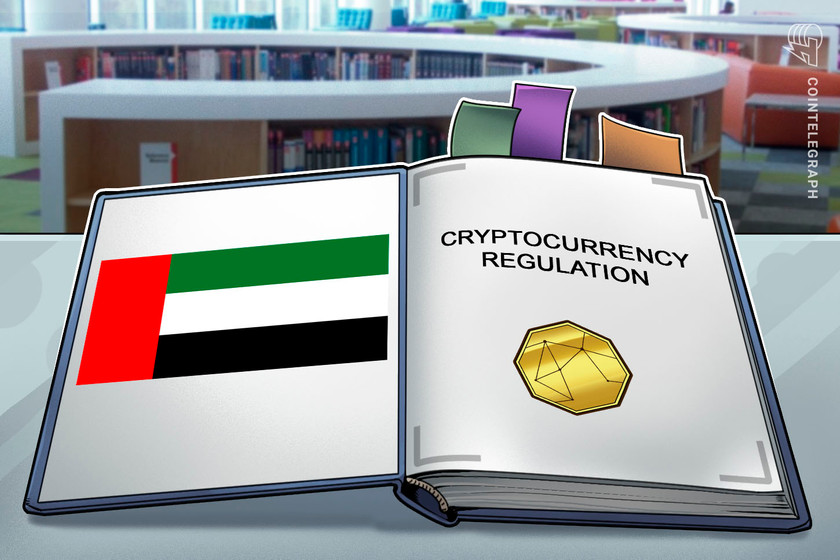Dubai releases crypto regulations for virtual asset service providers


The laws apply to market participants within the Emirate of Dubai, with the exception of those under the Dubai International Financial Centre.
The Virtual Asset Regulatory Authority (VARA), the regulator in charge of overseeing cryptocurrency laws within Dubai, has issued new guidelines for virtual asset service providers (VASPs) operating within the emirate.
According to Irina Heaver, a crypto and blockchain lawyer based in the United Arab Emirates, VARA has issued its “Full Market Product Regulations,” which include four compulsory rulebooks and activity-specific rulebooks that lay down the rules for operating VASPs. The rules only apply to market participants within Dubai, excluding those operating under the Dubai International Financial Centre (DIFC), a free zone with its own regulator.
⚠️Dubai News
Dubai’s Vurtual Assets and Regulatory Authority issued the long-awaited Full Market Regulations for Vurtual Assets Services Providers (VASPs).
— Irina ₿. Heaver (@IrinaHeaver) February 7, 2023
The Dubai regulator also highlighted that all market participants, whether they are licensed by VARA or not, must adhere to regulations for marketing, advertising and promotions regulations. Violators will be fined between 20,000 dirhams ($5,500) and 200,000 dirhams ($55,000), and repeat offenders could see fines as high as 500,000 dirhams ($135,000).
The regulations also give guidance on other matters, such as the issuance of virtual assets. According to Heaver, there are several takeaways from the new update from VARA, including that issuing privacy coins is prohibited in Dubai and traders with trading capital above $250 million are required to register with VARA.
The regulation also sets fees for advisory services, licensing, and annual supervision for custody, exchanges, broker-dealers and lending services. The fees range from 40,000 dirhams ($11,000) to 200,000 dirhams ($55,000), depending on the services.
Related: Lawyer explains new federal virtual asset law in the United Arab Emirates
Commenting on the new development, Heaver told Cointelegraph it’s a good thing that VARA provided clarity for the crypto space, explaining:
“Regulatory certainty is very good for business. It is good for consumers, investors and for the Emirate of Dubai. The regulations are long-awaited and mostly welcomed.”
Heaver added that although VARA has a broad authority to interpret the regulations and apply them in the way it sees fit, she believes and trusts that such interpretation and application will be done in line with “the spirit of Dubai’s leadership,” which considers business acumen and fostering entrepreneurship.




